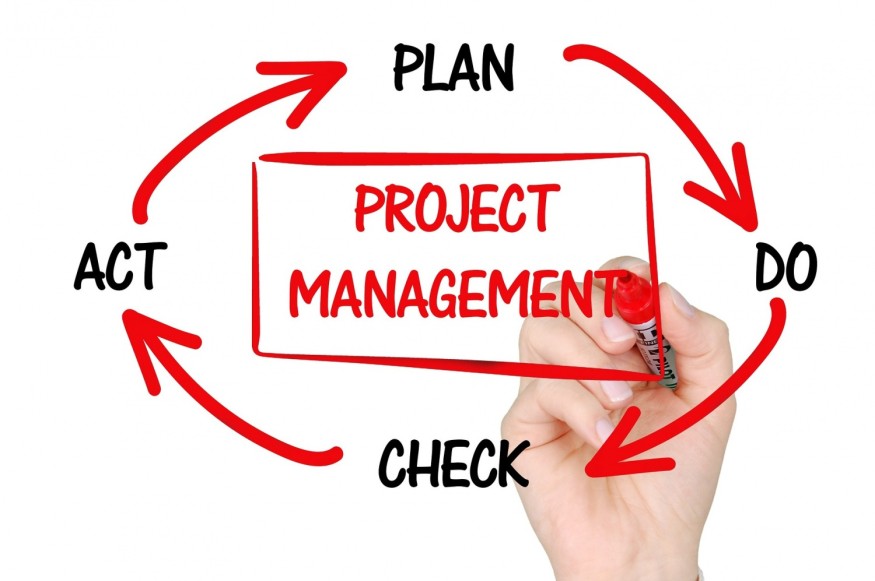
What is Industrial Project Management?
It is the set of activities of an administrative nature that has the function of conducting an industrial project (manufacture of equipment, assembly of a new plant, etc.) throughout the broad period of its execution.
In the same way that a conductor leads an orchestra to play in a tuned and synchronized way, the project manager acts on a project, counting on the individual competence of each participant, as the conductor counts on the competence of the musicians.
The need for management has emerged in history, with the systematic increase in the complexity of projects.
Certainly, in the Middle Ages, the construction of a small wooden bridge would require less project management than the construction of a new ring road in a large city. More complex projects, therefore, require more management. Continuing to briefly analyze history, the construction of the Pyramids certainly required several competent project managers.
Project management is therefore an important tool to achieve the delivery of projects, industrial or not, appropriate to the time, cost, and quality requirements.
However, in times of high-performance management, several challenges quickly present themselves to traditional project managers who have graduated in recent decades.
We all understand that management should be done by professionals who have a fairly broad set of specific characteristics such as planning ability, organization control of resources, interpersonal skills, and technical knowledge. the fact, however, is that currently technology has presented us with design components, processes, automation logics, materials and equipment increasingly sophisticated and interconnected with the highest technology such as IoT, big data etc., in an overwhelming way.
Regardless of the methodology adopted for project management, and there are several to know and adopt, such as PMBOK, Kanban, COM, Scrum, Waterfall, and others, it is a fact that recent paradigm shifts, technological leaps, and new communication tools have been so great that both the new generation of managers and the professionals already active are provoked to advance towards new technical knowledge and soft skills to account for of the new challenge package.
Interacting with the community of project managers who have provided us with information and insights about the latest management challenges, it is observed that more and more managers are being provoked to understand in little more detail the characteristics of each piece of equipment as well as to understand different behaviors among the professionals involved in the project, unlike in the past where diversity was much less challenging.
Therefore, the following topics are suggested as the most relevant to be continuously studied by modern project managers:
Leadership in times of rapid change
Logical approach to problem-solving
Statistical analysis of data
Knowledge of new industrial technologies of ind4.0 (IoT, Genetic algorithms, Collaborative automation, etc.)
Deepening in the principles of the various engineering modalities
Reconciliation of concepts and tools of different methodologies (PMOK + PRINCE2 for example)
And finally, we suggest the adoption of our work philosophy that has so crowned our company with repeated and continuous successes to all project managers:
"Kind excellence" or "Be kind to people and tough on business" This philosophy holds that in activities in which multiple professionals are involved we should be kind people in how we behave on a daily basis - even in the midst of the many details of our function, but without forgetting that we want to be excellent in our work.
© 2026 ScienceTimes.com All rights reserved. Do not reproduce without permission. The window to the world of Science Times.












